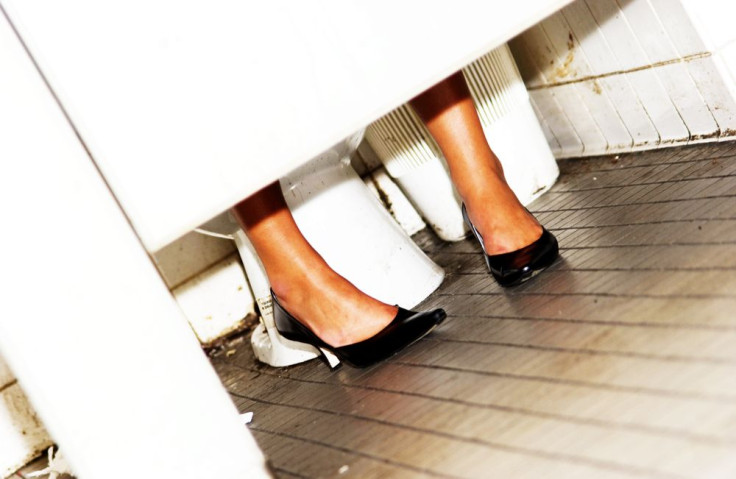Fecal Transplants Are Difficult For The FDA To Regulate, But At-Home Procedures Are Possible

Would you try a low-cost treatment for a life-threatening infection if it involved someone else’s poop? A new treatment for people suffering from hard-to-treat intestinal infections utilizes fecal transplants in an experimental small group of patients, which has presented regulation challenges for the Food and Drug Administration to tackle.
The treatment of stool transplants poses such a problem for the FDA because this cutting-edge treatment is very difficult to regulate, so they’ve labeled it as an experimental drug. If not properly screened, patients could contract an unpredictable array of HIV, hepatitis, and other viruses and parasites.
"We're dealing with something that is pretty close to miraculous," Dr. Lawrence Brandt of New York's Montefiore Medical Center, who has performed over 200 fecal transplants, told the Associated Press.
The bacterial infection known as Clostridium difficile or C.diff is difficult to treat and is linked to 14,000 American deaths each year. It also costs the United States at least $1 billion extra in health care each year. Half a million Americans suffer from nausea, cramping, and diarrhea each year, and a procedure with a 90 percent cure rate with minimal side effects sounds like a miracle, according to the Centers for Disease Control and Prevention.
The transplants were typically performed through a colonoscopy, but the at-home approach only requires a list of easily accessible products, including a kitchen strainer, funnel, towel, lubricants, tissues, paper towels, plastic bags, colon diagrams, and a timer. The patient should lie on a pillow to raise their anus upward in order to help the fecal matter transplant move inward with gravity. The donor stool then repopulates inside the patient with healthy bacteria.
The treatment has no data on its long-term effects, another concern made by the FDA officials and most researchers, who agree that the FDA’s concerns are warranted. But the results are too good to ignore. In January 2013, the New England Journal of Medicine published a thorough head-to-head study that revealed fecal transplants to be significantly more effective than any other antibiotic on the market.
"FDA and some others are concerned about the long-term effects," Brandt said. "But my point was these people are getting ready to die now. They are not going to survive long enough to develop the diseases you're afraid they're going to get."
Regulating stool samples isn’t the only problem the FDA is facing, but it’s also the access. Drugs are fairly easy to regulate in measured dosages given over pharmacy protected counters. But everyone has access to a stool, and with details of how to perform your own at-home fecal transplant on thepowerofpoop.com, what’s to stop people from doing it?
"Some of these patients are very desperate and they're not going to take no for an answer," said Dr. Michael Edmond of Virginia Commonwealth University, who has performed fecal transplants for patients who travel from as far away as Ohio.



























